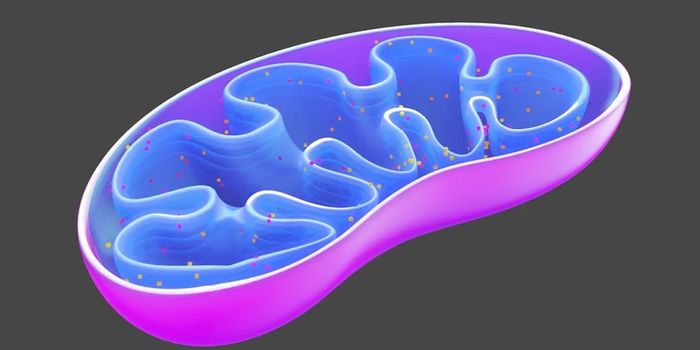Children Exposed to Famine Have a Lasting Epigenetic Impact
Exposure to famine and prenatal exposure to famine has been consistently linked to a variety of health problems including greater risk of obesity, diabetes, schizophrenia, and reduced lifespan, whether it happened to people who were malnourished during crop failures in nineteenth century Sweden, the siege of Leningrad, seasonal famines in Bangladesh, China's Great Leap Forward, or other events when food became scarce. Animal models have shown that the diet of a pregnant mother can have a significant impact on gene expression in the offspring. Scientists have now investigated how famine impacts development by altering epigenetics.
In some farming communities in The Gambia, the time of year in which a person in conceived can have a significant impact on their nutritional intake in early life. In a new study reported in Science Advances, researchers examined methylation, chemical tags that affect gene expression, in children in those communities. They were interested in how the environment, or specifically, diet, was altering methylation, a common epigenetic marker.
"Using this approach, we have identified many genes in children in which the DNA methylation state appears to be influenced by their mother's diet in early pregnancy around the time of conception. But a major question has been: "So what?'" said lead study author Dr. Toby Candler of the MRC Unit The Gambia at LSHTM.
The scientists zeroed in on one gene to examine the impact of these changes in methylation in detail. The activity of this gene, PAX8, has been shown to be affected by nutritional intake near the time of conception. PAX8 affects the development of the thyroid, so it was suspected that diet can influence the methylation of PAX8, which would have downstream effects on the development and health of the thyroid.
PAX8 methylation was assessed in Gambian children that were two years old. The researchers followed up on the kids with the highest and lowest levels of PAX8 methylation once they'd reached five to eight years of age. This work indicated that when PAX8 methylation levels were low, the volume of the thyroid was about 21 percent bigger and levels of the thyroid hormone T4 were higher. Though the hormone level was in the normal range, an increase in T4 has been linked to lower bone mineral density and less body fat.
PAX8 methylation was also associated with the mother's levels of circulating homocysteine, cysteine, and vitamins B6 and B12. This study has suggested that mom's nutritional intake, the methylation status of PAX8, and thyroid growth and function are linked, and may have lasting consequences for health.
Additional research will be needed to confirm these findings, and find ways to improve the health of mothers so children's health will be better.
Sources: Baylor College of Medicine, Science Advances









